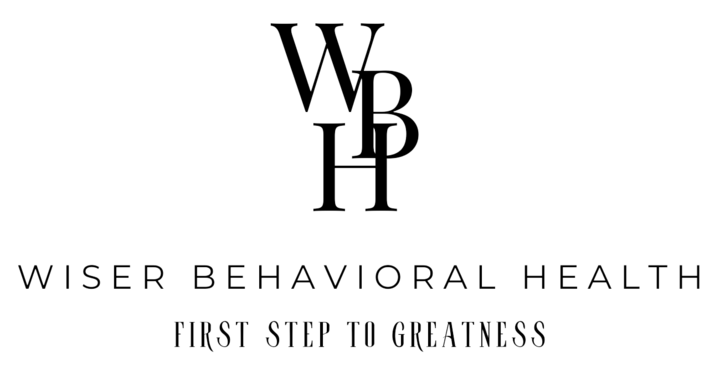
What is an Outpatient Treatment Program?
An outpatient treatment program (OP) is a flexible treatment option designed for individuals who require therapy and support for mental health or substance use issues but do not need the round-the-clock care of inpatient treatment. The outpatient setting allows individuals to participate in therapy while continuing their daily activities, such as work, school, or family responsibilities. Outpatient programs offer personalized treatment plans that include individual therapy, group therapy, psychoeducation, and support services, providing a comprehensive approach to healing and recovery.
Outpatient programs are ideal for those who have a strong support system in place, are motivated to engage in treatment, and are looking to make lasting changes without the need for residential care. These programs provide the necessary tools and strategies to manage mental health or addiction issues in the context of everyday life.

How Does an Outpatient Program Work?
Outpatient programs typically involve attending therapy sessions several times a week, depending on the individual’s needs and treatment plan. Sessions may include individual counseling, group therapy, skill-building workshops, and educational sessions focused on mental health or substance use recovery. The treatment is tailored to the individual’s progress and needs, with an emphasis on developing coping strategies, self-awareness, and relapse prevention.
The outpatient process begins with an assessment to determine the appropriate level of care. Participants then engage in regular sessions where they explore personal challenges, develop solutions, and receive support from therapists, counselors, and peers. This structured support helps individuals maintain progress in their recovery journey while remaining connected to their daily lives.
Core Components of an Outpatient Program
Individual Therapy
Individual therapy in outpatient programs provides participants with a private, one-on-one space to explore personal challenges, understand their behaviors, and develop coping strategies. It’s an essential part of the treatment process that helps individuals work through specific issues related to mental health or addiction.
Group Therapy
Group therapy is a key component of outpatient treatment, where individuals come together to share their experiences, offer support, and learn from one another. The group setting allows participants to build connections with others who understand their struggles and provides a safe space for mutual support and growth.
Psychoeducation
Psychoeducation helps individuals gain a deeper understanding of their mental health or substance use issues, teaching them about symptoms, triggers, and healthy coping strategies. Learning about their condition helps participants make informed decisions and empowers them to take an active role in their recovery.
Relapse Prevention and Coping Skills
Relapse prevention is a critical focus in outpatient programs. Individuals learn how to identify high-risk situations, develop coping mechanisms for stress, and manage emotions in healthy ways. By focusing on building resilience and self-awareness, outpatient programs help prevent relapse and support long-term recovery.
Family Support and Therapy
Family support plays an important role in outpatient treatment. Family therapy sessions allow loved ones to better understand the recovery process, improve communication, and provide a supportive environment. The involvement of family members helps create a strong, cohesive support system for the individual.
Benefits of an Outpatient Program
-
Flexible Treatment with Daily Support: Outpatient programs offer the flexibility to receive treatment while continuing with daily activities, such as work, school, or family life. This allows individuals to get the support they need without disrupting their routine.
-
Comprehensive Treatment: Outpatient treatment programs provide a well-rounded approach, including individual therapy, group therapy, psychoeducation, and family support. This treatment ensures that all aspects of recovery are addressed, helping individuals improve mentally, emotionally, and socially.
-
Building Coping Mechanisms for Long-Term Recovery: Through skills-building workshops, therapy, and psychoeducation, outpatient programs equip individuals with the tools and strategies needed to cope with stress, triggers, and emotional challenges, promoting long-term recovery.
-
Supportive Community and Connection: Group therapy sessions and peer interactions foster a sense of community and understanding. Participants develop connections with others who share similar struggles, providing a supportive network that helps maintain motivation and engagement in recovery.
-
Ongoing Support for Everyday Life: Outpatient programs help individuals manage their mental health or addiction issues within the context of their daily lives. The treatment offers the necessary structure and support to build skills that can be applied to real-world situations, ensuring long-term success and stability.


Is an Outpatient Program Right for You?
Outpatient programs are ideal for individuals who require therapy and support but do not need the intensive care of inpatient treatment. If you have a strong support system in place and are motivated to engage in treatment, outpatient care can help you address mental health or addiction concerns while maintaining your daily routine. Whether you’re beginning your recovery journey or looking for ongoing support, outpatient treatment offers the flexibility and support needed for success.
Get Started with an Outpatient Program Today
Starting an outpatient program is the first step toward better mental health and lasting recovery. Whether you’re looking to manage your mental health or overcome addiction, outpatient treatment provides the support and tools you need. Reach out today to learn more about our outpatient services and start your journey toward healing, growth, and a brighter future. We are here to support you every step of the way.


